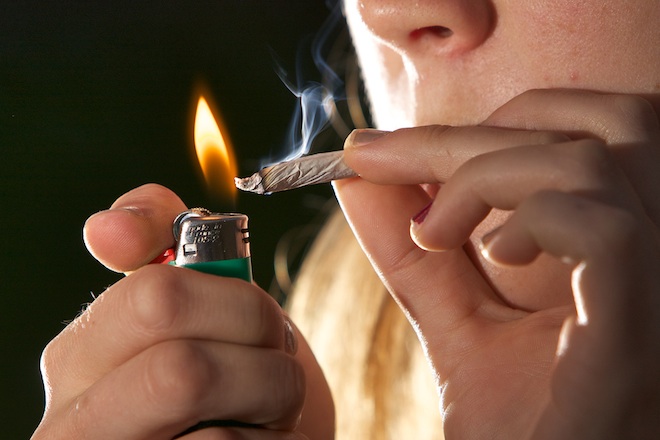NJ Lawmakers Considering Options for Legalization of Marijuana

The current criminal laws in New Jersey prohibit the recreational possession of marijuana and the use of marijuana in New Jersey. In fact, the NJ Criminal Code classifies the possession of 50 grams or less of marijuana as a disorderly persons offense (N.J.S.A. 2C:35-10(a)(4)), while possession of more than 50 grams of marijuana is classified as a fourth degree felony (N.J.S.A. 2C:35-10(a)(5)).
Despite the state’s criminalization of marijuana in most instances, the New Jersey Compassionate Use of Medical Marijuana Act (“CUMMA”), N.J.S.A. 24:6I-1 et seq. does allow for the possession and use of marijuana for the treatment or alleviation of pain associated with specific debilitating medical conditions in accordance with the certifications of a patient’s physicians. CUMMA also provides a definition of “debilitating medical condition,” which can mean any the following: seizure disorder, including epilepsy; intractable skeletal muscular spasticity; glaucoma; human immunodeficiency virus; acquired immune deficiency syndrome (AIDS); cancer; amyotrophic lateral sclerosis; multiple sclerosis; terminal cancer; muscular dystrophy; inflammatory bowel disease, including Crohn’s disease; terminal illness with a prognosis of less than 12 months of life; and post-traumatic stress disorder (PTSD).
For New Jersey lawmakers looking to legalize marijuana in the future, there are five steps that would probably need to be taken before the state could transition from permissible medical marijuana to legalized recreational marijuana:
- Introduce laws borrowing from the best aspects of Colorado’s legalization laws, while at the same time learning from that state’s mistakes.
- Enlist additional public support for the legalization of marijuana in NJ.
- Garner the support of top political leaders in the New Jersey state legislature.
- Elect a new governor in the State of New Jersey.
- Hope that the president and the United States Justice Department do not interfere with the state’s marijuana laws.
The last two steps point to the difficulties involved in legalizing marijuana in New Jersey. For one thing, NJ Governor Chris Christie has repeatedly declared that he will not okay the legalization of marijuana or officially decriminalize the possession of marijuana. Additionally, it is important to keep in mind that although states such as Colorado, Oregon, Alaska, and Washington, in addition to the District of Columbia, have legalized marijuana, the fact remains that recreational marijuana is still criminalized under federal law as a controlled dangerous substance (CDS). This means that the federal government could decide at any moment to more strictly enforce federal drug laws applying to marijuana.

